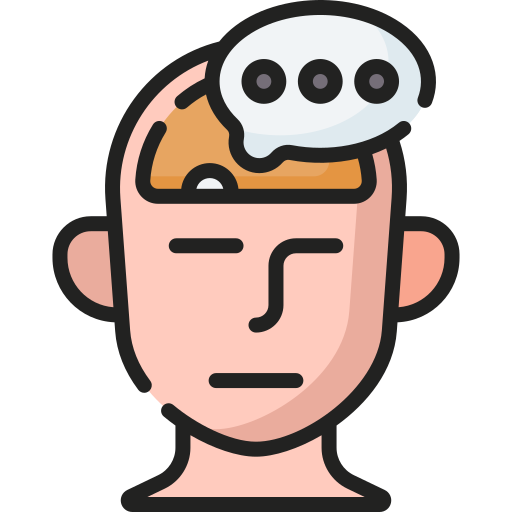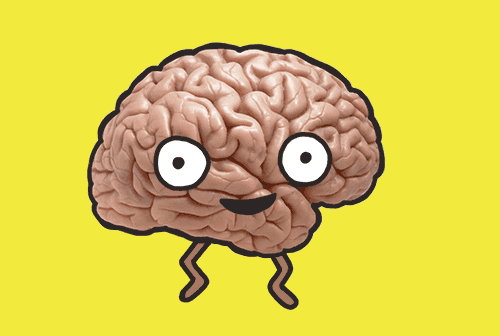 Photo by Elisa Ventur on Unsplash
Photo by Elisa Ventur on UnsplashHormones are an important part of how your body functions, but they can also have an impact on your mental state.
Cortisol is an especially important hormone. Understanding how cortisol impacts your mental health will help you take steps to improve your response to stress.
What Are Hormones?
What are hormones?
Hormones are chemical messengers secreted into the bloodstream to send messages to other parts of the body. A main function of hormones is to regulate bodily processes.
What is cortisol?

Cortisol is a type of hormone associated with the stress response. It's released when your brain perceives stress, and impacts the functioning of other areas of the body and brain.
While cortisol is a critical part of your everyday normal functioning, chronically high levels can have negative impacts on your body and brain.
How Does Cortisol Work?
When you perceive a threat, your brain kicks off a cascade of chemical reactions that help increase your chances of survival, like directing blood flow to your muscles to help you run away.
Cortisol works by:
Increasing sugars in the bloodstream (to increase energy in important areas)
Slowing functions that would be nonessential in a fight-or-flight situation (like digestion, immune response, and growth processes)

Because of its complex and wide-ranging effects on the brain and body, chronically high levels of cortisol can impact your mental health in the following ways:
Increase risk of depression
Increase risk of anxiety
Impact sleep function
Quiz
Test your knowledge: why are hormones so important?
How Do Hormones Affect Our Thoughts And Feelings?

The stress response, including the rise in cortisol, is a complex process that impacts many different regions of the body.
Continuous production and secretion of cortisol can lead to:
Your body adapting and not obtaining the positive benefits of the hormone over time
Impacts to the balance of other hormones and neurotransmitters — like serotonin — the "feel good chemical" — which impacts mood and mental health
Impacts to immune and inflammation processes — associated with increased inflammation and pain — which is also associated with increased risk for anxiety and depression
What Can You Do About It?

There are actions you can take to help restore your cortisol balance due to stress.
Rule Out Any Serious Conditions
 If you're concerned about your stress level or hormone levels, speak to a health professional to rule out any serious underlying conditions that could be playing a role in hormone imbalances.
If you're concerned about your stress level or hormone levels, speak to a health professional to rule out any serious underlying conditions that could be playing a role in hormone imbalances.
Increase Your Resilience
 Take actions to help increase your resilience against stress. Studies have found that these actions can help trigger your parasympathetic nervous system, associated with calm "rest and digest" states:
Take actions to help increase your resilience against stress. Studies have found that these actions can help trigger your parasympathetic nervous system, associated with calm "rest and digest" states:
Music or comedy
Work On Your Mindset

There are many factors that determine whether and how intense any person experiences stress, ranging from genetics to upbringing. Perception is one of those factors. If you work to change your mindset, it could help improve your ability to cope with or lessen the effects of stress. Some actions that can help change your mindset are:
practice gratitude
Quiz
Aliya has a work assignment due next week. She still has quite a bit to get through and is very stressed about it. What factors could Aliya consider when thinking about her pending deadline? Select all that apply.
Take Action

Did you love learning about how hormones work? Did you enjoy these stress reduction tips? Don't forget to put them into action!
Your feedback matters to us.
This Byte helped me better understand the topic.
